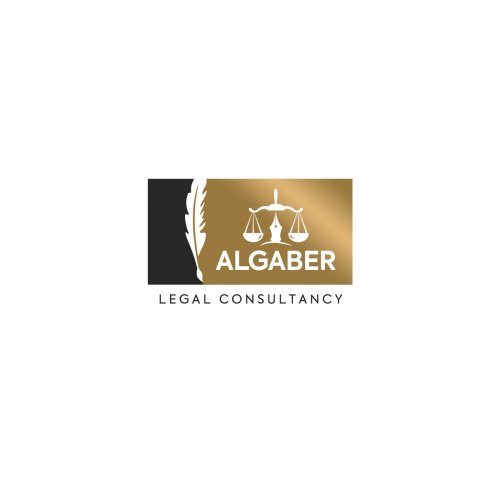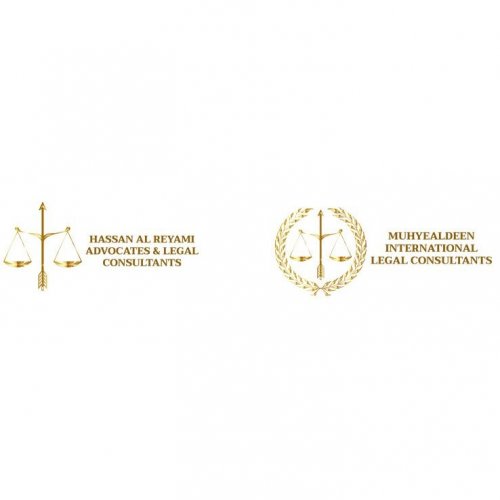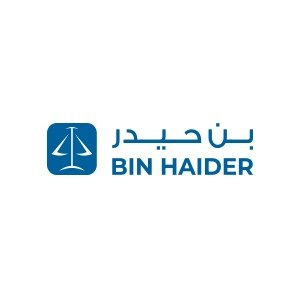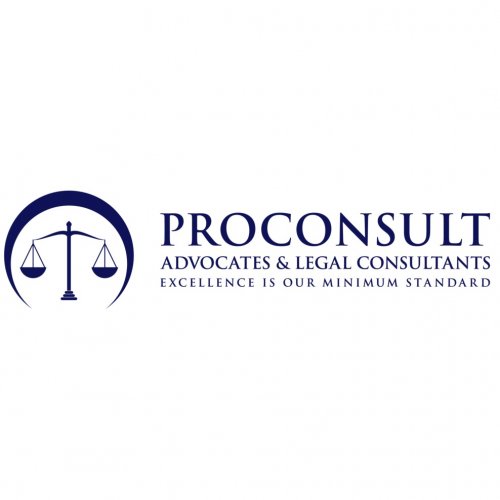Best Renewable & Alternative Energy Lawyers in Dubai
Share your needs with us, get contacted by law firms.
Free. Takes 2 min.
List of the best lawyers in Dubai, United Arab Emirates
About Renewable & Alternative Energy Law in Dubai, United Arab Emirates
Dubai is rapidly emerging as a global leader in renewable and alternative energy initiatives. Driven by the UAE's Vision 2050 and the Dubai Clean Energy Strategy 2050, the emirate is actively investing in solar, wind, and waste-to-energy projects. The focus is on transforming its energy sector from hydrocarbon dependency to a sustainable mix where clean energy sources play a central role in the power supply. Legal frameworks have been introduced to facilitate this transition, attracting both local and international investors and developers. Understanding the specific regulations and compliance requirements is crucial for successfully navigating this dynamic sector.
Why You May Need a Lawyer
Navigating renewable and alternative energy projects in Dubai often requires specialized legal assistance. Here are some situations where legal help is essential:
- Obtaining government approvals and licenses for renewable energy installations
- Structuring joint ventures or public-private partnerships in solar or wind energy projects
- Negotiating power purchase agreements (PPAs) and off-take contracts
- Addressing environmental law compliance and impact assessments
- Understanding incentives, grants, and tariff structures offered to renewable energy businesses
- Protecting intellectual property related to new energy technology
- Managing financing arrangements and investor relations
- Resolving disputes in project development, completion, or ongoing operations
- Complying with import and customs regulations for renewable energy equipment
A knowledgeable lawyer can help you identify risks, interpret complex regulations, and ensure all legal documentation meets local requirements.
Local Laws Overview
Renewable and alternative energy in Dubai is governed primarily by local and federal regulations. Some of the key aspects include:
- Dubai Clean Energy Strategy 2050: This strategy aims for 75 percent of Dubai's total power output to come from clean energy sources by 2050.
- Dubai Electricity and Water Authority (DEWA) Regulations: DEWA oversees grid access, net metering, and licensing for renewable energy producers, especially through the Shams Dubai solar initiative, which allows private and commercial property owners to install photovoltaic panels and feed surplus power back to the grid.
- Federal Law No. 8 of 2019 on the Use of Renewable Energy Resources: This law sets the federal framework for the exploitation and management of renewable resources, including licensing, compliance, and environmental protection standards.
- Land Use and Zoning Laws: Special regulations can apply for land designated for solar farms, wind parks, or waste-to-energy facilities.
- Investment and Commercial Legislation: Foreign ownership rules, free zone regulations, and commercial licensing process apply to businesses entering the renewable sector.
- Environmental Regulations: Environmental permits and impact assessments are mandatory for energy projects, with the Ministry of Climate Change and Environment playing an oversight role.
Keeping abreast of evolving policies is essential, as the regulatory environment is continuously updated to meet global standards and sustainability goals.
Frequently Asked Questions
What are the main renewable energy sources being developed in Dubai?
Dubai focuses on solar (especially photovoltaic) energy, waste-to-energy, and to a lesser extent, wind energy, to diversify its energy mix.
Can private companies set up renewable energy projects in Dubai?
Yes, private firms may install and operate renewable energy projects, subject to regulatory approvals and compliance with DEWA and municipal licensing processes.
Do I need special licenses to operate a solar plant in Dubai?
Yes, you require licenses from DEWA and potentially other municipal authorities. A legal advisor can assist in navigating these requirements and submitting the proper documentation.
How does the Shams Dubai initiative work?
The Shams Dubai program allows individuals and companies to install photovoltaic panels and connect them to DEWA’s grid, selling excess electricity back to the utility.
What incentives are available for renewable energy investors in Dubai?
Incentives may include long-term power purchase agreements, expedited licensing, possible custom duty exemptions on equipment, and dedicated land for renewable energy projects within certain zones.
Who regulates the renewable energy sector in Dubai?
The primary regulator is DEWA. Other bodies such as Dubai Municipality and the Ministry of Climate Change and Environment also play significant roles in environmental and land use compliance.
Are there any restrictions on foreign ownership in the renewable energy sector?
Foreign ownership is permitted in some free zones and under certain structures, but outside those, local partnership requirements often apply. Legal advice is necessary to ensure compliant structuring.
What environmental assessments are required for renewable energy projects?
Most projects require an Environmental Impact Assessment (EIA), reviewed and approved by the Ministry of Climate Change and Environment and local authorities before operations can begin.
Can I generate my own renewable electricity for private use?
Yes, private generation is permitted, particularly through rooftop solar installations, provided you meet the technical and safety regulations established by DEWA.
How can a legal expert support my renewable energy project in Dubai?
A legal expert can help with risk assessment, due diligence, contract drafting, securing licenses, investor negotiations, regulatory compliance, and dispute resolution throughout all project phases.
Additional Resources
Here are some key resources and organizations related to renewable and alternative energy in Dubai:
- Dubai Electricity and Water Authority (DEWA)
- Ministry of Energy and Infrastructure, UAE
- Dubai Supreme Council of Energy
- Ministry of Climate Change and Environment
- Dubai Municipality - Environment and Energy Division
- Clean Energy Business Council (CEBC)
- Mohammed bin Rashid Al Maktoum Solar Park Authority
- Dubai Chamber of Commerce - Sustainability Network
- International Renewable Energy Agency (IRENA), headquartered in UAE
Next Steps
If you are considering a renewable or alternative energy venture in Dubai, or need legal advice regarding existing projects, consider the following steps:
- Clarify the nature and scope of your project or legal concern
- Research the current regulatory landscape and identify necessary permits
- Prepare a list of questions or challenges you are facing
- Consult with a lawyer specialized in renewable and alternative energy law who understands Dubai’s specific regulatory framework
- Engage with relevant authorities and organizations early in the planning phase
- Ensure all contracts, agreements, and legal documents are reviewed by a qualified legal professional
- Stay updated about policy changes that might impact your project
Taking these steps will help you navigate the renewable and alternative energy sector in Dubai efficiently, while minimizing risks and maximizing the success of your project.
Lawzana helps you find the best lawyers and law firms in Dubai through a curated and pre-screened list of qualified legal professionals. Our platform offers rankings and detailed profiles of attorneys and law firms, allowing you to compare based on practice areas, including Renewable & Alternative Energy, experience, and client feedback.
Each profile includes a description of the firm's areas of practice, client reviews, team members and partners, year of establishment, spoken languages, office locations, contact information, social media presence, and any published articles or resources. Most firms on our platform speak English and are experienced in both local and international legal matters.
Get a quote from top-rated law firms in Dubai, United Arab Emirates — quickly, securely, and without unnecessary hassle.
Disclaimer:
The information provided on this page is for general informational purposes only and does not constitute legal advice. While we strive to ensure the accuracy and relevance of the content, legal information may change over time, and interpretations of the law can vary. You should always consult with a qualified legal professional for advice specific to your situation.
We disclaim all liability for actions taken or not taken based on the content of this page. If you believe any information is incorrect or outdated, please contact us, and we will review and update it where appropriate.

















